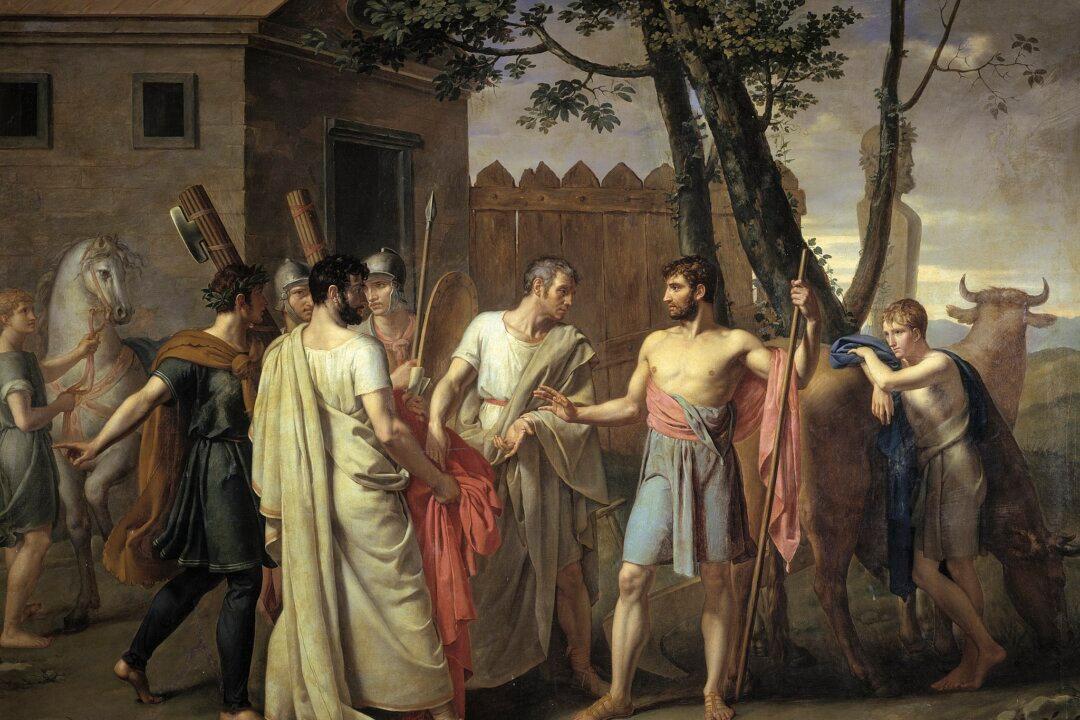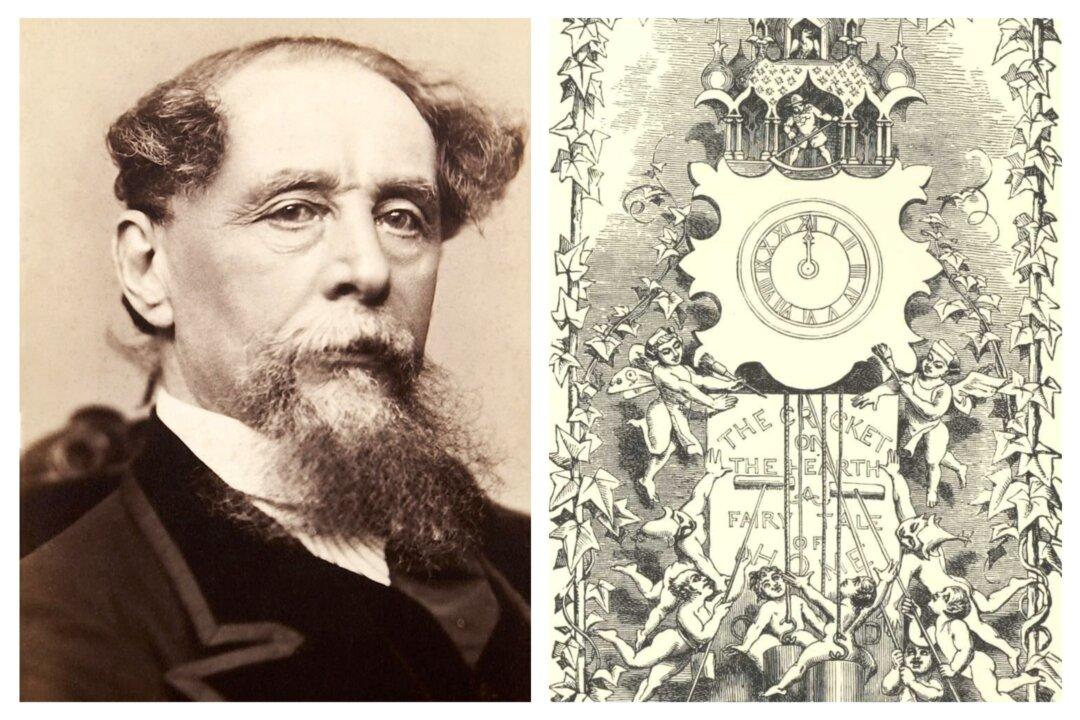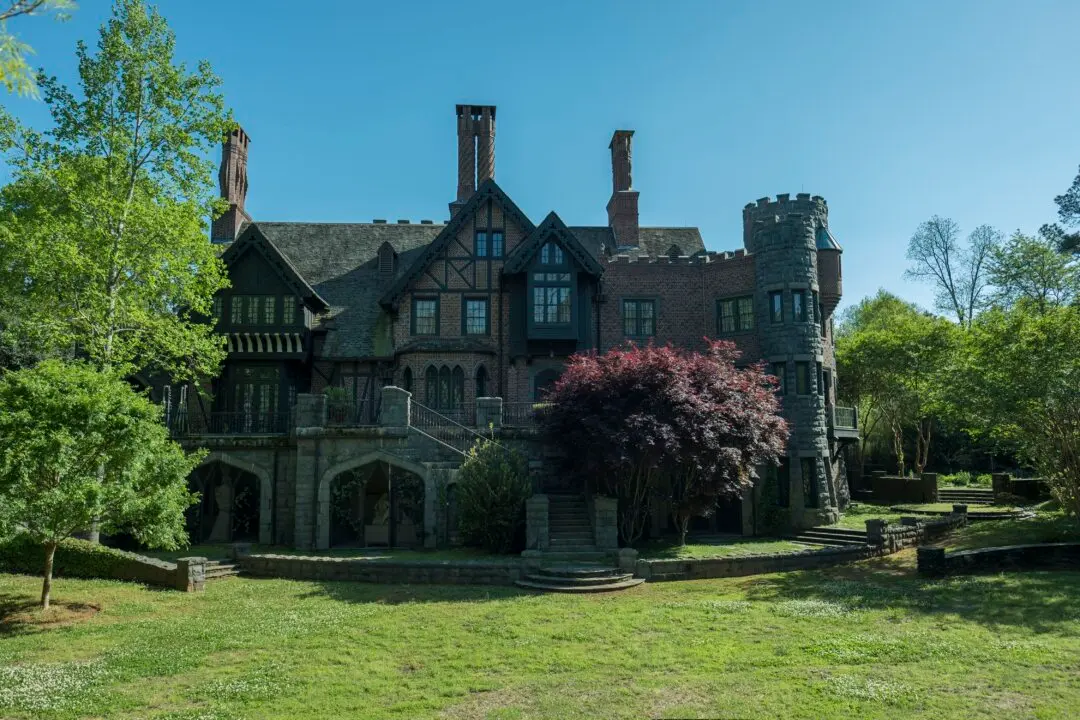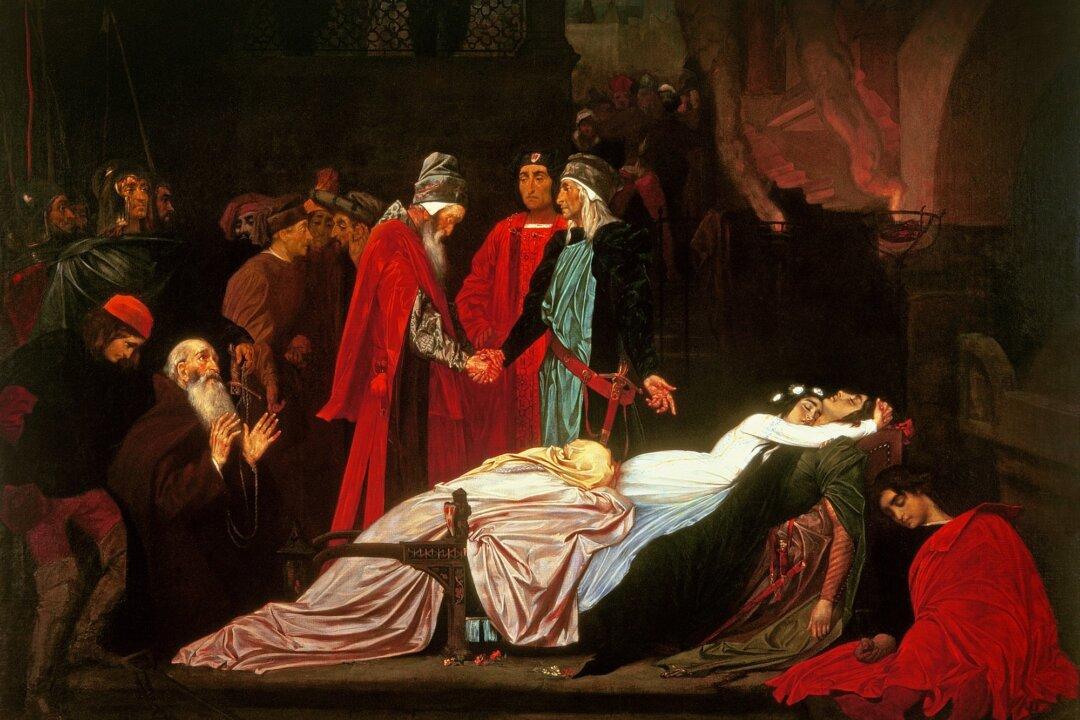Perhaps you’ve had Cincinnati chili. Delicious! No other chili comes close, at least to my mom’s version. Or you’re a Cincinnati Reds fan (horrible thought—this is a bitter Pirates’ fan writing). Or you’ve been to Cincinnati, a most beautiful city located at the confluence of the Licking and Ohio rivers. Ok, most people know about Cincinnati. But do you know where the city’s name came from? George Washington.
No, this is not a slip of the fingers typing, an odd pronunciation, or a just plain wrong statement. Cincinnati was founded, just after the end of the American Revolution, in honor of the Society of Cincinnati, a league of Continental Army officers. This society was named for Lucius Quinctius Cincinnatus, a legendary hero of Rome, when it was a Republic and not yet an Empire. And who did every American who knew about Cincinnatus think of when they thought about Cincinnatus? George Washington.





